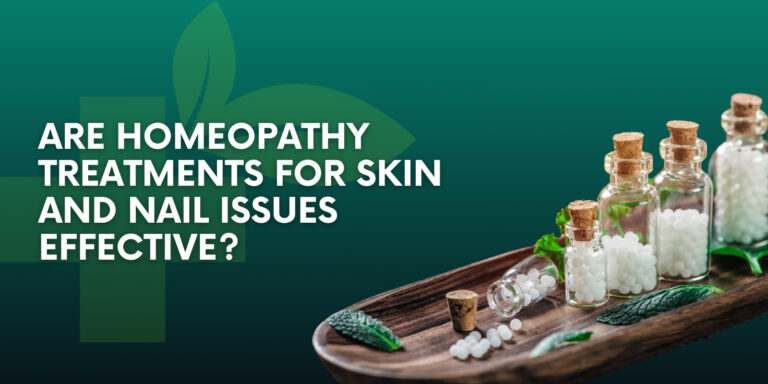While taking care of physical health, many people often ignore oral health, don’t they? However, studies show that poor oral health and issues like tooth decay can lead to health concerns like cardiovascular troubles, respiratory infections, and complications with diabetes. [1] A huge market of oral products is available today from which you can pick the appropriate one according to your requirements.
As there are so many varieties available in the form of toothpaste or mouthwash, it can get challenging for an individual to pick the most suitable one. In addition to traditional oral health products, oral probiotics have emerged as an efficient alternative. A study on traditional mouthwash vs probiotic dental care will help you understand the basic differences. Once you get to know the differences, it is become much clearer for you to choose the right supplement for you along with brushing and flossing.
Basics of Mouthwash
Usually, a traditional mouthwash is a liquid that an individual uses to rinse the mouth, teeth, and gums. The ingredients of a mouth are usually antiseptics such as eucalyptol, menthol, or even alcohol. The sole reason to use a mouthwash is to maintain oral hygiene, such as reducing plaque and getting a fresher breath. However, brushing your teeth is still mandatory, and mouthwashing is not an alternative to it.
Basics of Oral Probiotics
When it comes to probiotics, most people think of a solution that helps improve the digestive tract. The oral probiotic is an innovative solution that is helpful in maintaining oral health. It is again a bunch of bacteria that impact the constitution inside the mouth to reduce plaque and various oral diseases. Unlike mouthwashes, oral probiotics are available in varied options such as lozenges, tablets, or even powder that you can consume directly.
Differences Between Traditional Mouthwash and Probiotic Dental Care
If oral probiotics are new to the concept of probiotic dental care, you must understand the difference between probiotic and traditional mouthwash.
The Mechanism:
A mouthwash directly targets the harmful bacteria and other microorganisms in the mouth to keep the gums free from plaque. The oral probiotics work slowly by introducing beneficial bacteria that grow further to take care of the oral microbiome. When you talk about the benefits of probiotics in oral hygiene, these probiotics act gradually to keep your teeth and gums healthy and free from ailments.
As the name suggests, a mouthwash is mostly a liquid that washes your inside mouth to clear out harmful ingredients. However, a probiotic is available in different types, such as chewable tablets, lozenges, capsules, or even powder that you can directly consume.
Probiotic benefits vs traditional mouthwash:
While studying Probiotic oral care vs antiseptic mouthwash, understanding the related benefits is one of the essential aspects. Usually, a traditional mouthwash leads to faster reduction of oral bacteria. So, it can treat issues like gingivitis or plaque much faster to offer a fresh breath.
Now, when it comes to probiotics, it defeats the harmful bacteria in the mouth by growing beneficial ones. It helps in increasing the salivary pH to maintain a balanced oral environment. Though it may not offer a rapid impact, it slowly helps in reducing plaque and improving the overall oral health. Moreover, it defeats the pathogens, offering natural defense for sustained oral health improvement.
What are the Drawbacks?
Before coming to a result for Probiotic oral care vs antiseptic mouthwash, it is necessary to consider their respective drawbacks also.
One of the major drawbacks of traditional mouthwash is that it removes even the good bacteria along with the bad bacteria. This way, it tends to disrupt the oral microbiome and leads to several issues like dry mouth and infection in the long run.
When you ask about any limitations to probiotics, one of them is that they work slowly. You cannot expect instant freshness or rapid impact in removing plaque. However, probiotics actually work gradually and restore the oral microbiome to offer a healthy oral balance.
Even if there are several factors to consider probiotic dental products vs dental mouthwash, there is one particular factor on which both of them are similar. Whether you use a traditional mouthwash or a probiotic, both of them are supplements and not an alternative to brushing or flossing.
Avoiding oral health is a mistake if you wish to attain an overall health. While regular brushing and flosing cleans your teeth and gums, a supplement helps in offering a better care. While most people adds mouthwash along with brushing, it can bring in challenges such as disturbing the overal oral microbiome balance. However, the use of probiotic supplements or natural mouthwash with oral probiotics help in maintaining a good balance in the oral microbiome by introducing good bacteria slowly but gradually.
Frequently Asked Questions
1. How does probiotic mouthwash improve gum health?
Probiotic products introduce good bacteria to the oral microbiome that grow further to suppress the bad bacteria and gradually maintain a balance in oral health.
2. Does traditional mouthwash kill good bacteria?
Yes, traditional mouthwash kills both bad bacteria along good bacteria, disrupting the oral microbiome balance. thi
3. What are the natural alternatives to alcohol-based mouthwash?
Salt water, peppermint, and baking soda are some of the natural alternatives to alcohol-based mouthwash. However, probiotic products tend to offer much higher benefits by maintaining a balance in the oral microbiome.
4. Are probiotics effective for dental plaque control?
Yes, probiotics get rid of pathogens that create dental plaque and other issues. The good bacteria in probiotics defeat the bad bacteria to offer you a healthy oral environment.




